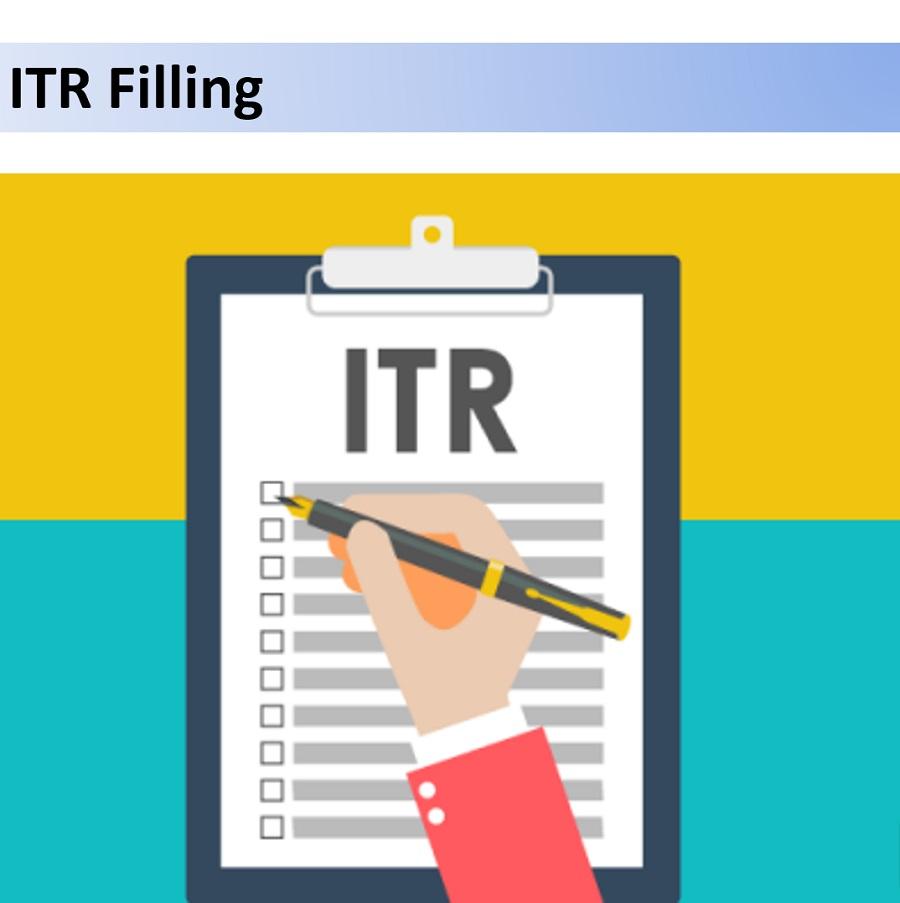

Tax filing season is here and everyone is getting ready with their documents and financial details for the same and it’s also the season for many NRIs where they get bogged down by one question: ‘Do I Need to File Taxes in India as well?’ To all the NRIs out there yes, you’re liable to pay tax on income earned from sources in India or in case of income received in India. Here are some tips for filing taxes for NRIs in India:
1. Tax Residency Status
First, an NRI needs to determine his tax residency status as an NRI. This essentially tells whether a person falls into the category of resident or non-resident as an Indian taxpayer or not. Section 2(30) defines non-resident as a person who is not a resident and Section 6 lays down the test of residency for different taxpayers.
2. Gross Total Income
Gross total income is the income before any tax deductions are made. If an NRI’s gross total income exceeds Rs 2.5 lakh, he is liable to pay taxes as an NRI in India. This income will include the gain on the sale of equity shares on the stock exchange.
3. DTAA Advantages
The Double Tax Avoidance Agreement is a treaty that is signed by two countries which allow a person to avoid paying higher taxes in both countries. An NRI gets the opportunity to earn tax credits for tax paid in India against his tax liability in his country of residence or vice versa. DTAA does not mean that the NRI can completely avoid paying taxes, but it does allow him to cut down on his tax implications on the income earned in India as well as abroad.
4. Eligibility of Accounts
Foreign Currency Non-Repatriable (FCNR) accounts and Non-Resident External (NRE) Rupee accounts are not eligible for receiving tax refunds. Only Non-Resident Ordinary (NRO) Rupee accounts can be used to receive tax refunds.
5. Remember the Date
The last date for filing taxes is 31st July 2019. If an NRI’s tax liability in a financial year exceeds Rs 10,000, and he has not filed advance tax, he will be liable to pay interest under section 234B and section 234C. Please note that for the next financial year, consider filing advance tax on or before 15th June, 15th Sept, 15th Dec, and 15th March to avoid further complications.
The information provided in this article is for informational purposes only. It is not a substitute for specific advice in your own circumstances. You are recommended to visit https://www.incometaxindia.gov.in/Pages/i-am/non-resident.aspx for more information on the taxation norms for an NRI or contact a tax consultant for specific professional advice pertaining to your situation or query or doubt.